Indulging Your Wildlife Passion – A Birder’s Tale
They took me over and I am still enraptured. If I haven’t gone looking for them for a few days, I feel a little bit empty. I freely admit it. I’m a little bit obsessed.
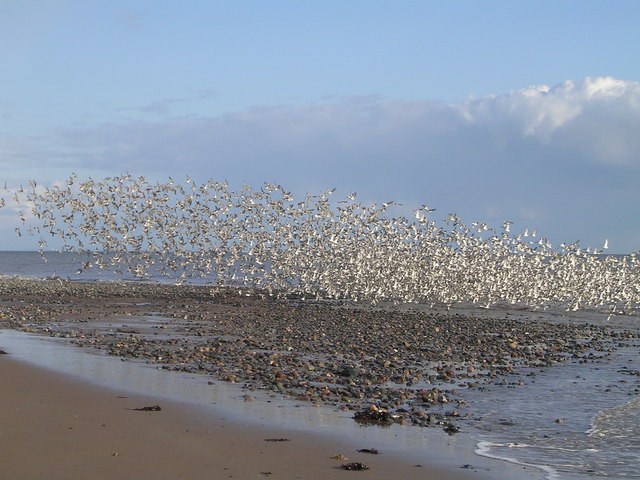 Image: Chris Upson [CC BY-SA 2.0 (http://creativecommons.org/licenses/by-sa/2.0)], via Wikimedia Commons
Image: Chris Upson [CC BY-SA 2.0 (http://creativecommons.org/licenses/by-sa/2.0)], via Wikimedia Commons I’m a bird lover. A birder, bird-watcher, occasional twitcher or perhaps, as I’ve heard they used to say in the 1950’s, a ‘tally-chaser’. (Yes, I have a list.). I always liked the natural world but at some point birds swooped in and captured my attention. They took me over and I am still enraptured. If I haven’t gone looking for them for a few days, I feel a little bit empty. I freely admit it. I’m a little bit obsessed.
When I met the director of the MSc I’ve been on for the last year in his office last summer, he spotted it at once. He could tell that I was a birder, he said, because I kept looking over his shoulder and out the window as we talked, whenever I saw a flutter of wings. Not something one should do to a fellow bird-watcher, I admit, as it makes us nervous we are missing something, so for that I apologise!
Along the way, birds can take their toll on us birders. The internet doesn’t exactly make it any easier, with endless exciting tales of epic birding adventures that other people are having and accounts of rare birds tantalisingly out of reach or arriving on just the wrong day. Afternoons like one I endured in the spectacular but sometimes inconsistent New Forest this winter, where I succeeded (much to my dismay) in missing every species I searched for as the rain came down ever harder, don’t do much to help wavering birders keep the faith.
Still, birds bring me unmeasured pleasure and can give you both the most rewarding hobby you could ask for, as well as something even more important: drive. I appreciate other wildlife of course: this summer I’ve enjoyed spotting everything from true flies to butterflies, stoats to snails, and made good use of my slowly growing field guide collection. If called upon, I’ll happily work with just about any species group necessary, for the good of conservation (within reason, I still struggle with biting insects!).
That said, I will always be clear that birds are my first love when I apply for jobs. They’re what got me into conservation in the first place and what will keep me here. I’d suggest from experience that you embrace your passion too – you’ll learn more about who you are, and have a great time along the way – and I don’t think it will hurt when it comes to stepping on to the career ladder, either.
Have you got questions Christopher or would like to share your experience on a bird conservation project? Have you had a rare bird sighting you’d like to tell us about?
Feel free to leave your questions and comments below.
Thank you 🙂

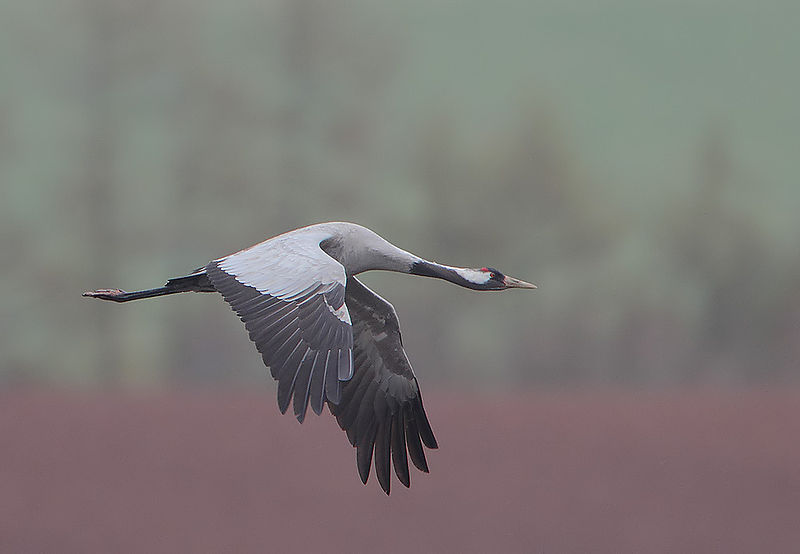
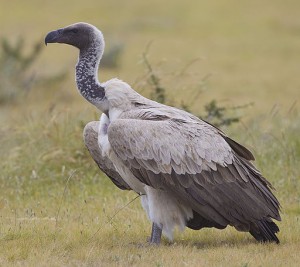
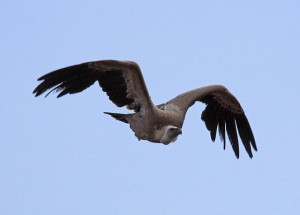
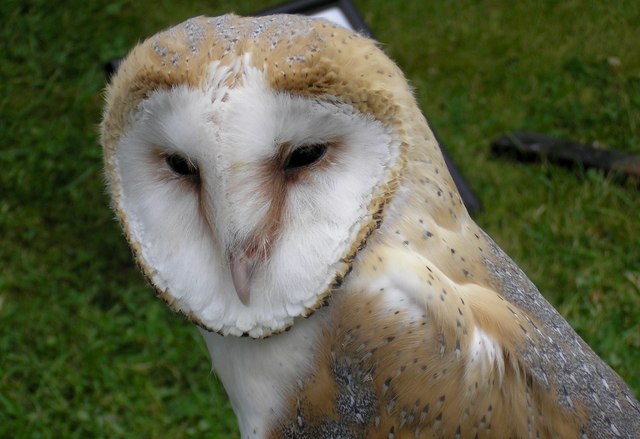
No comments yet.